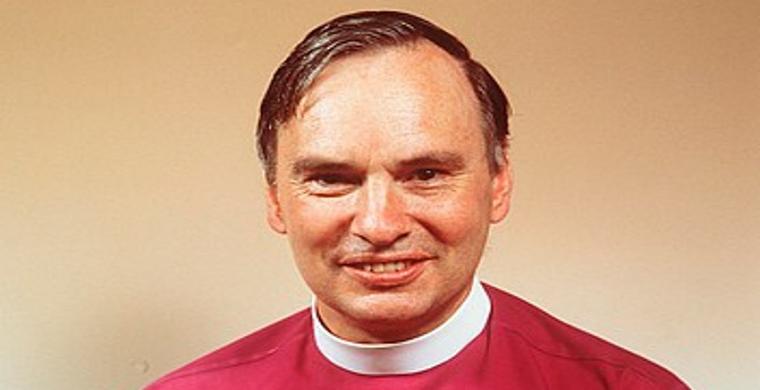CHURCH OF ENGLAND: Drawing conclusions from the Iwerne scandal
The following is a Letter to the Editor of the Chruch Times by the Rt. Revd Dr. Colin Buchanan
March 4, 2017
[Bishop Colin responds to an article published the previous week, about Iwerne and English evangelicalism by Linda Woodhead and Andrew Brown].
Sir, -- I have not, of course, read Canon Mark Ruston's report of 1982, but I have had more than 60 years' experience of living and working alongside fine Christian leaders who have emerged from the Iwerne activities or been closely associated with it. Quite apart from the Archbishop of Canterbury and the Bishop of Guildford, we are talking of the seedbed of John Stott, David Sheppard, Michael Green, and a host of others.
Much of the post-war resurgence of Anglican Evangelicalism can be attributed to the leadership given by those formed at and by Iwerne. Against this background, how justified is the broadside against the whole constituency occasioned by the one man's appalling behaviour and launched by Professor Linda Woodhead and Andrew Brown (Comment, 17 February)?
(a) Not one other deviant person is named by your contributors from the 80-plus years of operation, though "The Church of England is being forced to face the full reality of abuse in the Iwerne Trust and other institutions."
(b) The paragraphs they give to the quite separate publication, The Returns of Love, appear to have no connection with Iwerne at all, or John Smyth's activities.
(c) I have never, in 63 years, heard any Evangelical, whether from Iwerne or not, cite the Hebrews 12 passage about fathers' chastising their children as some kind of example or warrant for Christian leaders' beating disciples, nor encountered nor heard rumoured any practice that might have developed from such exegesis.
(d) It seems that even John Smyth did not attempt to relate his beatings to the sufferings of Christ, though I have heard that linkage made by a critic on the radio.
(e) The whole of Iwerne history has been staked upon the doctrine that "there is one mediator between God and humankind, Christ Jesus, who became human," and that this has been a safeguard against too priestly a role being taken by human leaders and guides.
(f) It is true, though wholly irrelevant to the Smyth case, that Evangelicals (and not only "Bash campers") eschewed controversy in the 1950s and 1960s. It is, in fact, the common stance of persecuted minorities. It is difficult now to recapture how Anglican Evangelicalism had been ghettoised in those years, and how difficult it was to break out of it. But it is ludicrous to cite that stance to suggest that there was a widescale concealing of abuse.
John Smyth must be treated as a perverse and secretive exploiter of the trust in leaders which was well developed at Iwerne. Widening the allegations against him into an attack on the whole constituency surely requires serious widespread evidence. This is completing lacking in your contributors' vacuous article, which reads as though they think that any stick would do with which to beat their opponents.
END














